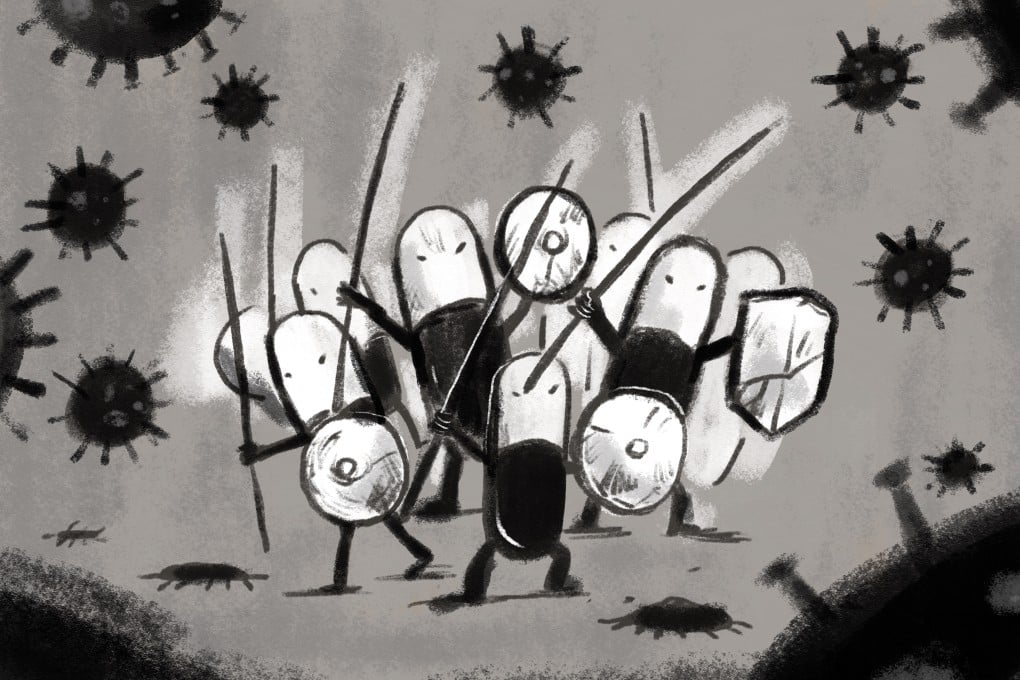Covid-19 pill offers hope but no magic bullet against pandemic
- Global supply of the treatments expected to be better than vaccines but their success will rely on countries’ health care systems
- Work is already under way to make the pills available to generics manufacturers but upper-middle income nations could be left out

The US gave its authorisation last week for two Covid-19 treatments in pill form, paving the way for more green lights worldwide. A wider pool of manufacturers is expected to be involved compared to vaccines, which are more complex to produce.
But, while this could make supplies more easily available in poor countries, upper-middle income ones may be left out. Meanwhile, the success of these treatments will depend on whether countries are able to quickly diagnose and treat patients – optimally, within five days of symptoms.
US company Pfizer’s pill, called Paxlovid, can reduce the risk of hospitalisation and death among high-risk patients by nearly 90 per cent, according to the company.
The other pill, developed jointly by US firms Merck and Ridgeback Biotherapeutics, was first authorised in Britain last month. A peer-reviewed clinical trial found it cut those risks by around 30 per cent.
In the US, only a few hundred thousand of the 10 million courses on order from Pfizer – bought by the government at around US$530 per patient – will be ready in January.
Some 3 million courses of Merck’s molnupiravir – bought at US$700 each – will be ready in the same time frame.